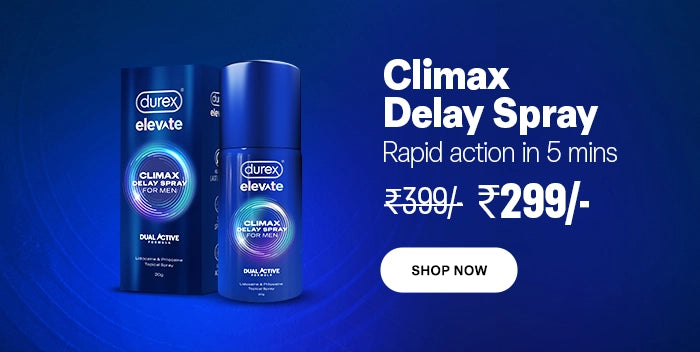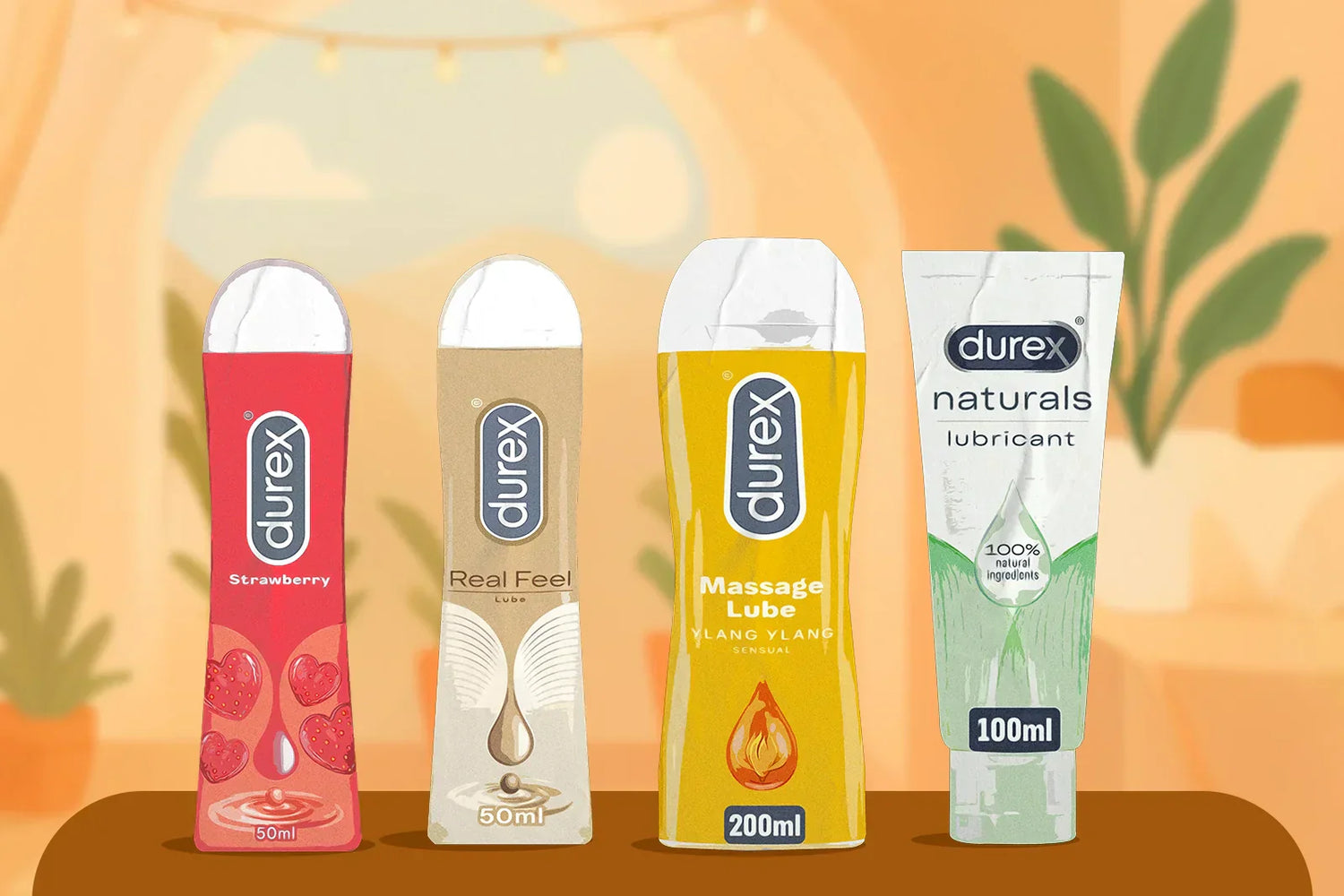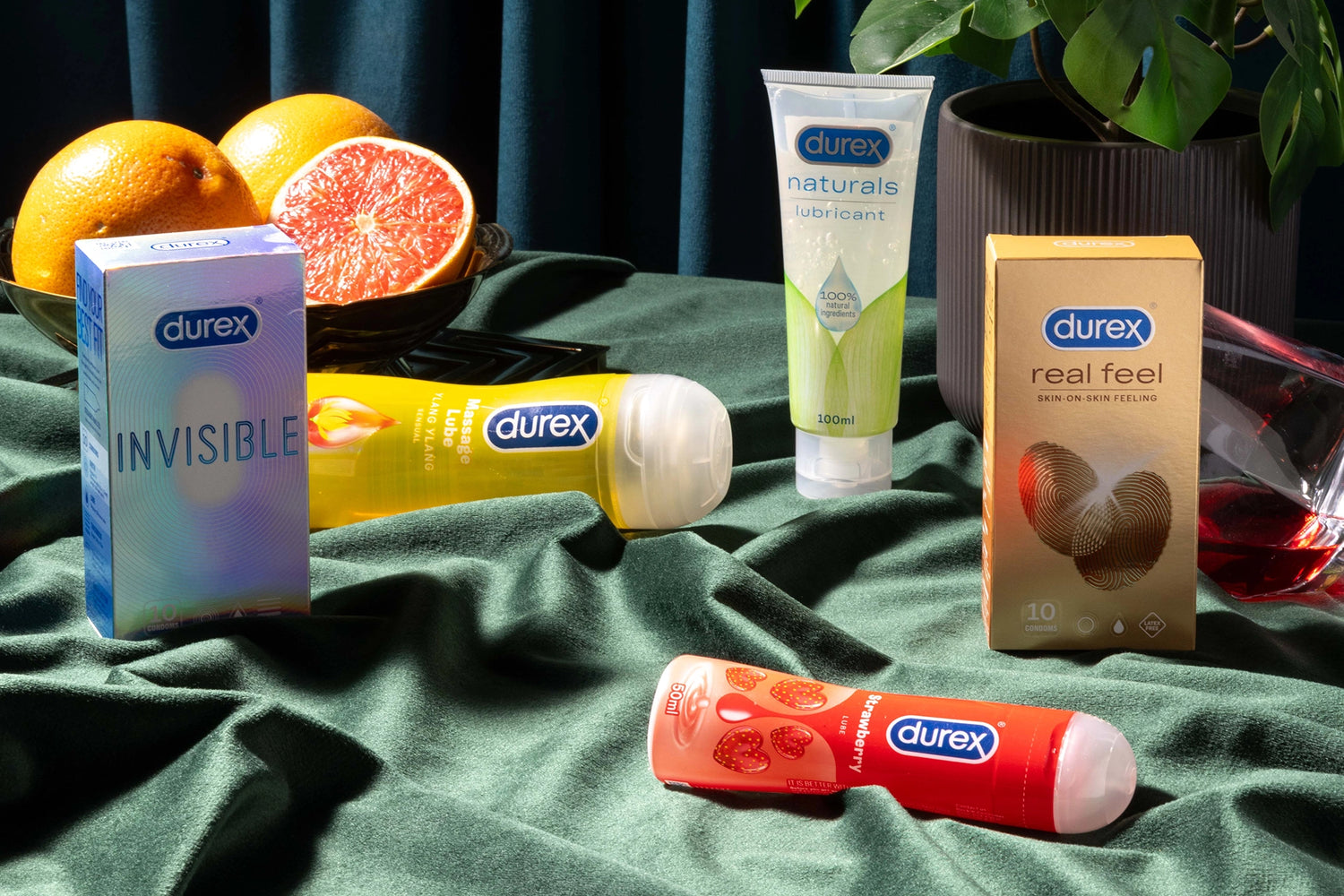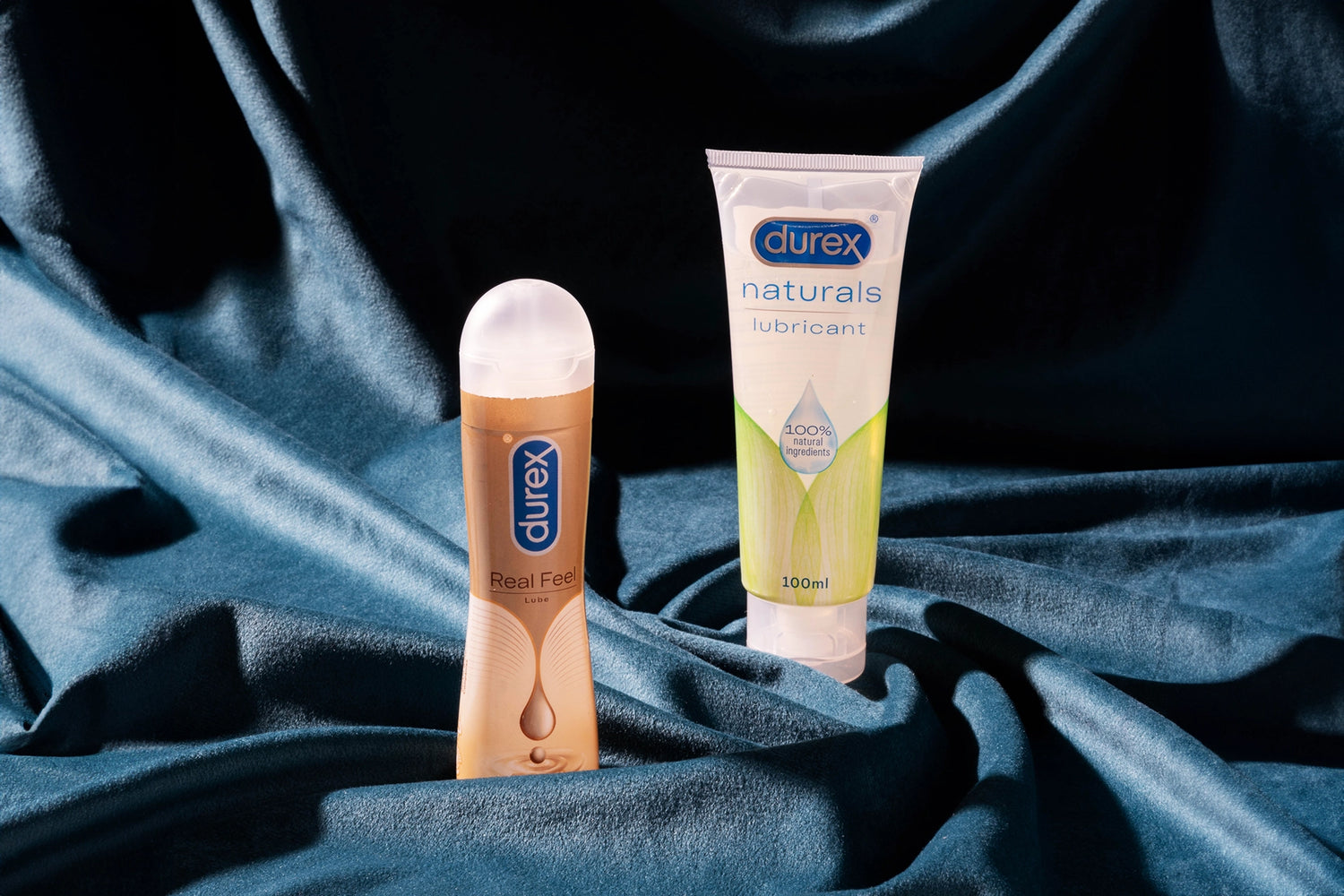We’re talking fun time, and you deserve it, hot, playful, and completely worry-free, whether you’re wrapped up in something new or tangled up with your day-one. That's where contraception steps in; not just as a backup plan, but as a key part of our sexual wellbeing.
And no, it's not just one person's responsibility. Contraception methods are for everyone. Yes, everyone. Whether you're on the giving or receiving end of the passion, protecting each other is a two-way street.
So, let's unpack how you can stay safe, stay chill, and still enjoy every moment. Here's your no-nonsense, fluff-free guide to contraceptive methods in females and their counterparts, because knowing what's up is seriously attractive.
The Big Myth: "It's All on Her"
Let's squash this one right here: contraception is not a one-person job. While it's true that many options are designed for those who menstruate, that doesn't mean the rest get to skip the homework.
Condoms? Yes, it's super effective and still one of the best tools available. But there's a whole menu of options available, and depending on what works for you and your partner, you've got choices.
No Glove, No Love? Let’s Talk All the Options
Condoms are the ultimate go-to, the easiest, most drama-free way to protect yourself from pregnancy and STIs. Being proactive with them means keeping control and confidence every time. Sure, other methods exist, but when it comes to safety and peace of mind, condoms still take the crown. Here are the other methods:
-
The Contraceptive Pill
This contraception method is popular and for good reason. It's taken daily (usually for 21 days, with a 7-day break), and it works by regulating hormones so that ovulation doesn't happen. No egg, no pregnancy.
But let's not gloss over the side notes: the pill can cause things like nausea, mood shifts, water retention, or spotting. Some find it empowering, while others dislike the side effects; it's all about finding what works best for your body.
If you're considering this route, it's worth consulting with a health professional to find the right fit for you.
-
Copper T (IUD)
Low maintenance, long-term, and effective. This tiny T-shaped device is inserted into the uterus and prevents sperm from meeting the egg. It can remain in place for up to 5 years (yes, really), but requires a 6-month break between reinsertions.
The Copper T doesn't mess with your hormones, which some find to be a major bonus. However, it's a more hands-off option and requires a clinic visit, so it's not something you can DIY.
-
The Female Condom
Equality vibes, anyone? Female condoms let you take charge. Simply slip it in before the fun begins and toss it away afterwards. Hormone-free, fuss-free, and great when your partner’s not into wearing one.
While male condoms have a higher success rate (about 98% vs. 95% for female condoms), female condoms still offer solid protection and freedom. Perfect for mixing things up and staying safe your way.
-
Emergency Contraception (aka The Morning-after Pill)
Not planned? No problem. This pill can be taken up to 72 hours after unprotected play. This is a kind of emergency contraception method. It's a great safety net, but let's be clear, it's not something to rely on regularly.
Think of it like your fire extinguisher: good to have around, but hopefully you never need to break the glass.
Wrap It, Snip It, Own It
Let's be honest: wearing a condom is one of the easiest and most effective ways to prevent both pregnancy and the spread of STIs. And yet, it's often overlooked or brushed aside, but not on our watch.
Condoms aren't just latex superheroes; they're also gender-neutral, easy to use, and free from side effects. Additionally, they serve as a safe play essential. Now that’s what we call multitasking.
And for those thinking long-term, there's the vasectomy option. It's permanent, simple, and ideal for those who are 100% sure they're done with the baby game. It's not for everyone, but it is an option on the table.
STI? Not Today!
Now here's where it gets important. While contraception methods help you avoid an unexpected +1, it doesn't protect you from Sexually Transmitted Infections (STIs) and Sexually Transmitted Diseases (STDs).
That's why safe play is the real MVP here. STIs can pass through fluids and skin-to-skin contact, and the only method that protects against both pregnancy and STIs is... You guessed it: the condom.
So if you're going in for some playtime and want peace of mind? Wrap it up. Every time. It's a sign of care, confidence, and respect.
Smart & Sexy? Hell Yeah
Whether you're exploring contraception methods for the first time, switching things up, or just doing your research, you're already making an empowered choice. Being informed means being in control, and that's seriously sexy.
While every method has its place, condoms stand out as the best all-rounder: they protect against pregnancy and STIs, are easy to use, and come with zero drama. Plus, with Durex condoms, staying safe has never felt this good.
Talk with your partner. Ask questions. Stay curious. And never let anyone make you feel awkward for owning your choices.
Source:
https://www.who.int/news-room/fact-sheets/detail/condoms








